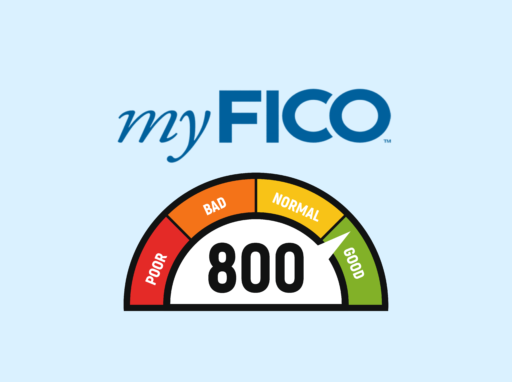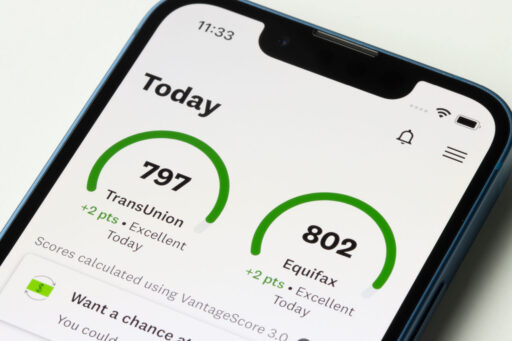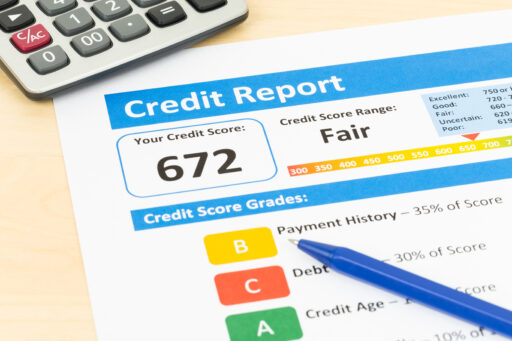Struggling to decide where to keep your hard-earned money? You’re not alone. Many Americans face the same question: Credit union or bank? While both offer essential financial services, they operate differently in ways that can impact your savings, loans, and overall banking experience.
We’re here to help you make an informed decision. In this guide, we’ll break down the key differences between a credit union vs bank, their pros and cons, and what to consider when choosing the best option for your financial needs.
Table of Contents
Credit Union vs Bank: Key Differences
Before we dive into the benefits and drawbacks of each, we feel it would be best to address the fundamental differences between credit unions and banks:
Credit Union Benefits & Drawbacks
Bank Benefits & Drawbacks
Credit Unions vs. Banks: What You Need to Consider When Making Your Choice
Here are a few key questions to help you determine whether a bank or credit union is the right choice for you:
- Do you prefer personalized service? If yes, a credit union might be the better option.
- Do you need nationwide access to branches and ATMs? A bank is likely more convenient.
- Are you looking for the best interest rates on loans and savings? Credit unions typically offer better rates.
- Do you rely on advanced mobile and online banking? Banks usually provide more sophisticated digital tools.
- Are you concerned about fees? Credit unions often charge lower fees compared to banks.
Final Verdict: Should You Choose a Credit Union or a Bank?
Ultimately, the best choice comes down to your financial priorities. If you value a more community-focused banking experience, lower fees, and better loan rates, a credit union might be the way to go. On the other hand, if convenience, advanced technology, and a wider range of financial services are more important to you, a bank is likely the better fit.
For many people, a combination of both works best, using a credit union for savings and loans while keeping a bank account for everyday transactions and the convenience of nationwide access.
🚀 Explore, Learn & Grow with Wallet Monkey!
Unlock the latest tips, tricks, and expert insights on money management, credit, and more. Subscribe now and stay ahead of the curve in personal finance!
Subscribe NowCredit Union vs Bank FAQs
1. Why might you use a credit union instead of a bank?
Credit unions offer lower interest rates on loans, higher savings rates, and lower fees. They also provide a more personalized banking experience.
2. What is the main difference between a credit union and a bank?
The primary difference is that credit unions are member-owned non-profits, while banks are for-profit institutions owned by shareholders.
3. Are credit unions safer than banks?
Both are safe. Banks are insured by the FDIC, while credit unions are insured by the NCUA, providing the same level of deposit protection.
4. Can I have accounts at both a bank and a credit union?
Yes, many people use both to take advantage of the unique benefits each offers.
5. Do credit unions offer the same services as banks?
Most credit unions offer similar services, including checking and savings accounts, loans, credit cards, and online banking, though they may have fewer options for investment products and business services.
Top Relevant Articles
How to Boost Your Credit in 30 Days
Quick tips to improve your credit score fast and effectively.
Best Credit Cards for Beginners
A guide to the best credit cards for people starting their credit journey.
Best Credit Cards for Bad Credit
Explore the top credit card options for those with poor credit.





